Society is endangered not by the great profligacy of a few, but by the laxity of morals amongst all
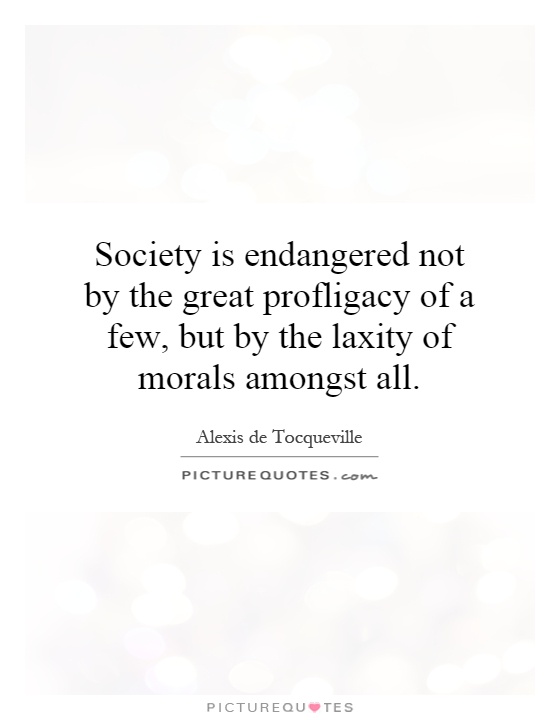
Society is endangered not by the great profligacy of a few, but by the laxity of morals amongst all
Alexis de Tocqueville, a renowned French political thinker and historian, once famously said, "Society is endangered not by the great profligacy of a few, but by the laxity of morals amongst all." This statement holds true even in today's society, where moral values seem to be on the decline and ethical standards are often compromised for personal gain.Tocqueville's observation highlights the importance of individual responsibility and the collective impact of moral laxity on society as a whole. While it may be easy to blame a few individuals for the downfall of society, the reality is that the erosion of moral values among the general population can have far-reaching consequences. When people become indifferent to ethical principles and prioritize their own interests over the common good, the fabric of society begins to unravel.
In Tocqueville's view, a society is only as strong as the morals and values of its citizens. When individuals prioritize material wealth, power, and personal gratification over integrity, honesty, and compassion, the social contract that binds communities together is weakened. This erosion of trust and mutual respect can lead to social unrest, inequality, and a breakdown of social cohesion.
Moreover, Tocqueville believed that a lack of moral integrity among the general population could also undermine democratic institutions and the rule of law. In a society where individuals are more concerned with their own self-interests than the common good, corruption, injustice, and abuse of power can become rampant. This can erode the foundations of democracy and lead to a breakdown of social order.

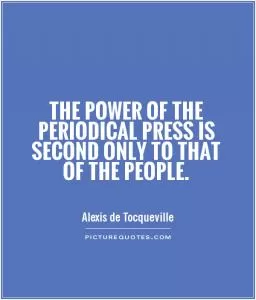
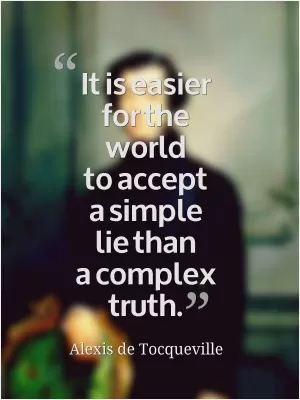


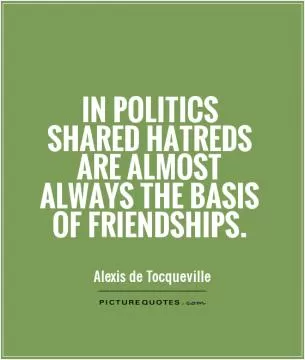
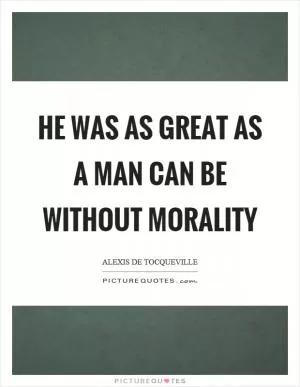
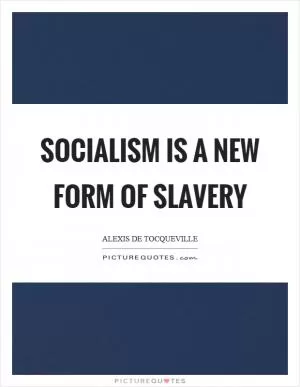
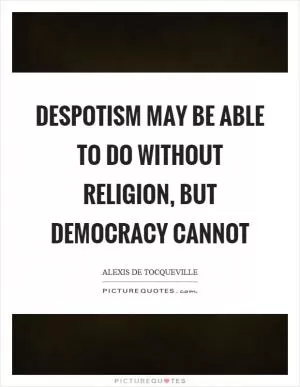
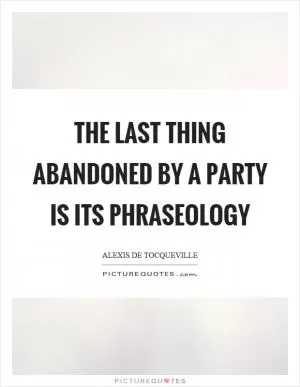
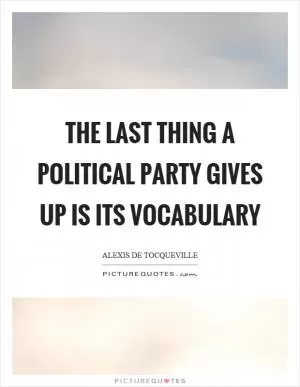
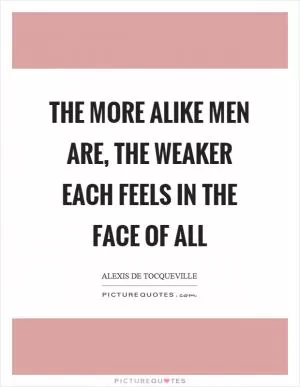
 Friendship Quotes
Friendship Quotes Love Quotes
Love Quotes Life Quotes
Life Quotes Funny Quotes
Funny Quotes Motivational Quotes
Motivational Quotes Inspirational Quotes
Inspirational Quotes